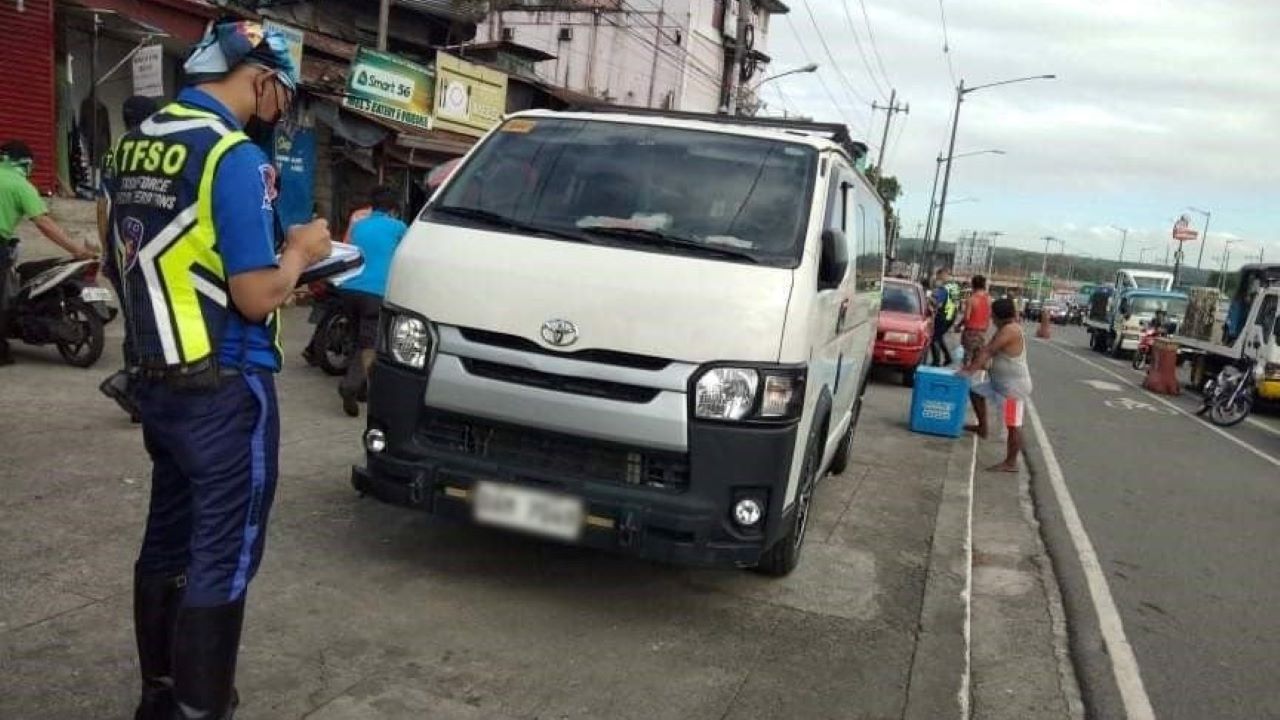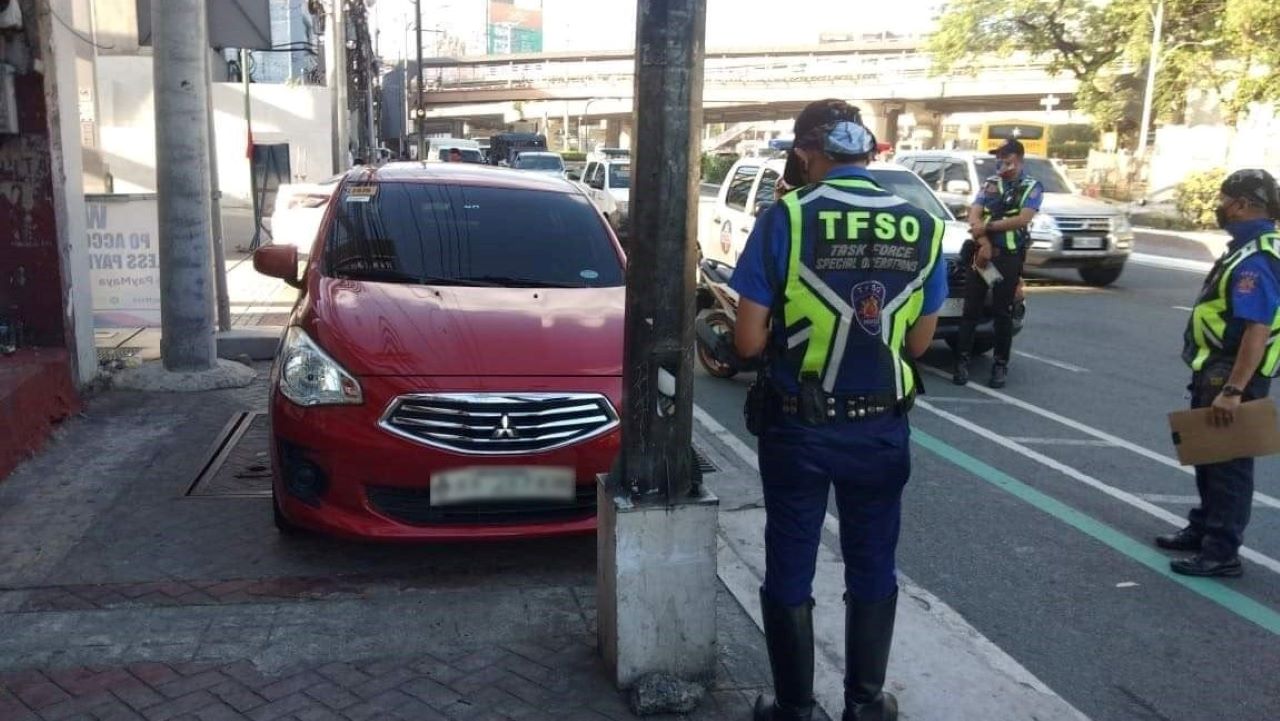
The recent filing of House Bill No. 31 has caused a bit of a stir. Otherwise known as the “No Garage, No Registration” Act filed by Marinduque Rep. Lord Allan Velasco, the Act calls for proof of motor vehicle owners as having proper parking spaces for their, well, vehicle/s. As its short name states, if you don’t have one, then you can’t register a motor vehicle for it to be legally used.
But what exactly is covered by the Act? Let’s have a closer look, shall we?
House Bill No. 31 is all about getting rid of illegal parking and improving traffic flow

Photo: Congressman Lord Allan Jay Velasco Facebook Page
The solon from Marinduque that you see above is the man behind this Act. House Bill No. 31 cites that “traffic congestion is exacerbated by car owners who routinely use public roads as parking spaces. When roads become parking lots, there will be longer trip times and increased vehicular queueing.”
House Bill No. 31 then “seeks to require an adequate garage or parking space before the purchase of motor vehicles… to deter… vehicles occupying the roadsides or sidewalks. … requires the Land Transportation Office to verify the public document submitted by the registrant/purchaser attesting to the existence of an adequate parking facility for the vehicle sought to be registered…”
So now we know the reasons behind it, and we must say that the points are valid. Now comes the part on what its provisions are, and how it will be implemented should the Act be passed into law.
The scope of House Bill No. 31 covers what is referred to as “any person who intends to purchase a motor vehicle”. Such persons are the ones who must present a duly notarized affidavit proving that they have proper parking spaces, whether owned or leased, for the vehicle that they are purchasing. A lot of our readers have commented “paano ang bibili ng second-hand na sasakyan” or “how about those who will buy used cars?”.
It must be reiterated that those who do so are required by law to transfer ownership of the vehicle under their name within a specified period after purchase. This transfer of ownership serves as the used vehicle’s new registration (now under the new owner’s name), so that can explain how the Act applies to the used car market. As House Bill No. 31 states, you can’t register a vehicle without proof of parking.
Now, the aforementioned affidavit/proof of parking will be handed to the Land Transportation Office (LTO) as a pre-requisite for registration. It is then the LTO’s turn to verify the information and if it all checks out, the release of a brand new vehicle and subsequent registration (of even a used car that must have ownership transferred) may be done. This confirmation will then be kept on file for future reference.
Another point to raise here is that the vehicle owner is held liable for any untruthful statements or declarations regarding the ownership of a parking slot/s. Falsifying public documents is a crime so don’t even think about it. For as long as vehicle buyers and/or owners are compliant, then there shouldn’t be a problem. But let’s not start on talks of red tape, please?
What are the penalties for non-compliance with House Bill No. 31?

Photo: MMDA
The coverage of House Bill No. 31 does not stop when a motor vehicle has successfully been registered. One of the provisions outlined in the Act is that authorized personnel of the LTO, MMDA, Metropolitan coordinating council, LGU engineering office, and law enforcement agencies will conduct periodic ocular inspections for the purpose of strict implementation.
This is where the aforementioned falsification of public documents comes in should anyone get caught providing inaccurate information. Such individuals will also have the registration of their motor vehicle revoked, will not be allowed to register any motor vehicle under his/her name for a period of 3 years, and will be slapped with a hefty PHP 50,000 fine for every instance of violation of House Bill No. 31.
There will also be penalties for any government employees who might aid in registering motor vehicles that are non-compliant with House Bill No. 31. LTO employees who process illegal registrations will be suspended for a period of 3 months without pay. For those who want to go to the red tape conversation, here’s what’s meant to stop it from happening in the first place.
–
Rep. Velasco is asking for the immediate passage of this bill into law. Should that happen, House Bill No. 31 may be one of the most relevant Acts-turned-law in recent years. That is if it is implemented and enforced correctly, justly, of course.
What are your thoughts on this, dear readers? Is it a sound solution? Will it succeed where all other efforts to eradicate illegal parking and reduce traffic jams have failed? Do chime in in the comments below. We’d like to hear what you think.



The Penalty for LTO employees is very weak. only 3 months of suspension with no pay? It should be termination from work.